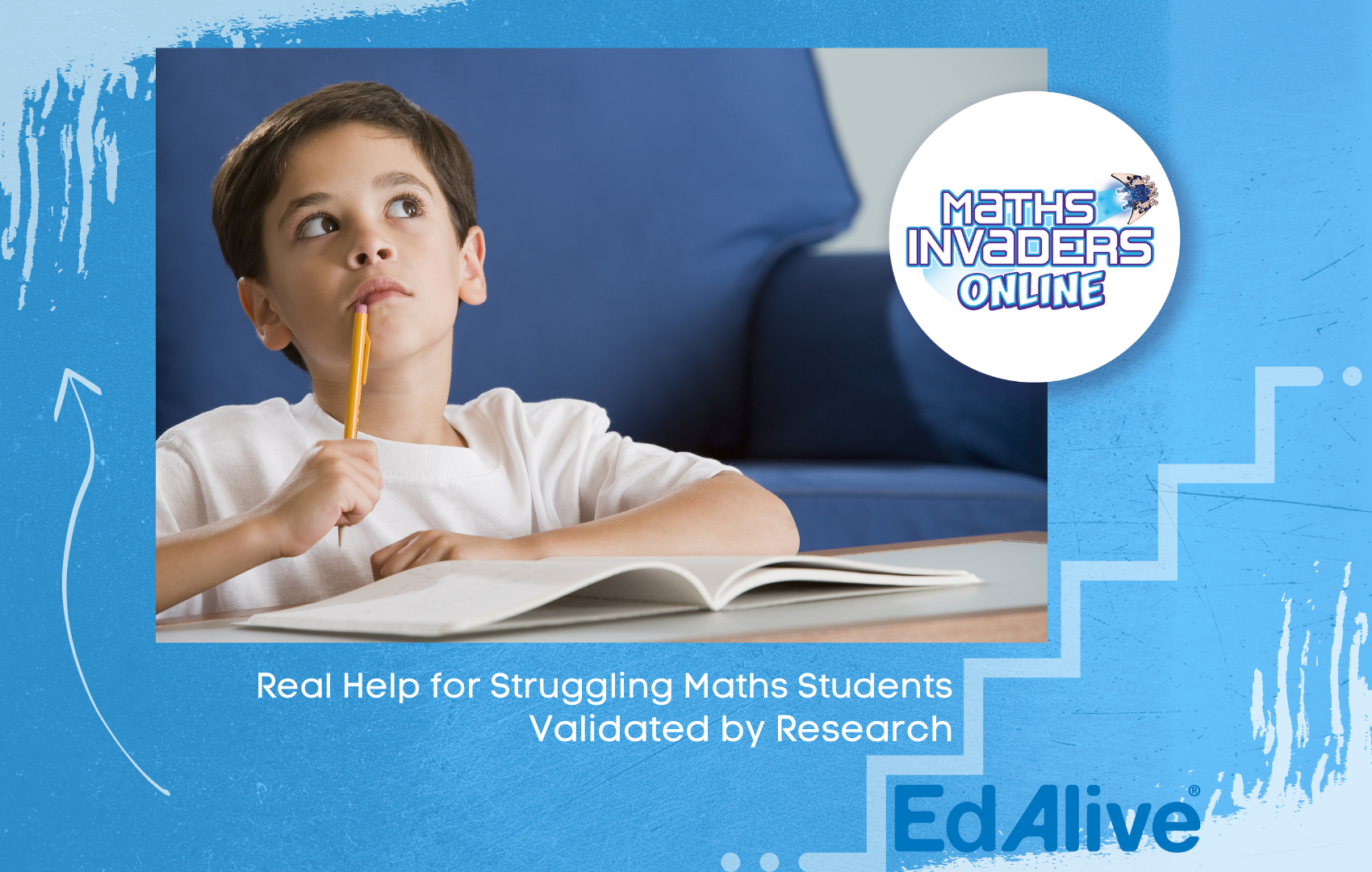
Now, back to the issue of helping students who struggle with maths. The logical consequence of our knowledge about automaticity would be that students at danger of falling behind in their current work would gain most benefit from additional consolidation of earlier work. That would apply even if there are no particular holes in their prior knowledge, but especially if there are indeed gaps. But is any of this supported by research? Yes.
One study set out to forensically examine gender differences in maths performance at major assessments (Royer et al 1999). They found that eliminating all sources of bias almost entirely removed systematic gender differences in maths. Critically, they found that in the limited situations where gender differences appeared to be real, those differences were explained by proficiency in math fact retrieval – up to and including our old friend automaticity. So a proven intervention targeted at maths fact fluency is an obvious strategy.
A second study looked at the math performance of both learning-disabled and attention-disordered individuals compared to average students (Zentall 1990). Again, the differences between these groups were traced directly to fact-retrieval automaticity, leading to the conclusion that the best way to help these groups was through strategies boosting recall fluency and automaticity.
These two disparate pieces of sound research have both pin-pointed boosting automaticity as the single most effective intervention. It is reasonable to project that this would also be a big factor for various other cohorts of struggling maths students.
Maths Invaders from EdAlive has a proven track record of lifting fluency and automaticity across diverse student groups. Research shows an average recall speed improvement of 1.1 seconds or 26% for a range of question topics, concurrent with an impressive 12-month improvement in maths age. The flexible workload associated with these gains was far from onerous – the equivalent of 10 half-hour sessions, which could easily be completed in one school term even in addition to normal maths lessons.
The vital ingredient is EdAlive’s automated Adaptive Learning which individualises material for each student – the perfect balance of challenge and reinforcement. In combination with the mixed-content format and the engaging game Space Rescue, Maths Invaders is a winning formula for ensuring maths success in your classroom.
EdAlive’s other online learning websites feature equivalent technology – Typing Tournament, Words Rock, Baggin’ the Dragon Maths and Volcanic Panic Reading Success. Research indicates that students using these websites are also making remarkable learning progress.
Cholmsky, P. (2011). From acquisition to automaticity: The Reflex solution for math fact mastery. http://harringtonmath.com/wp-content/uploads/2012/01/Reflex_White_Paper.pdf.
Royer, J. M., Tronsky, L. N., Chan, Y., Jackson, S. J., & Merchant, H. (1999). “Math fact retrieval as the cognitive mechanism underlying gender differences in math test performance.” Contemporary Educational Psychology, 24, 181-266.
Zentall, S. S. (1990). “Fact-retrieval automatization and math problem-solving: Learning disabled, attention disordered, and normal adolescents.” Journal of Educational Psychology, 82, 856- 865.
